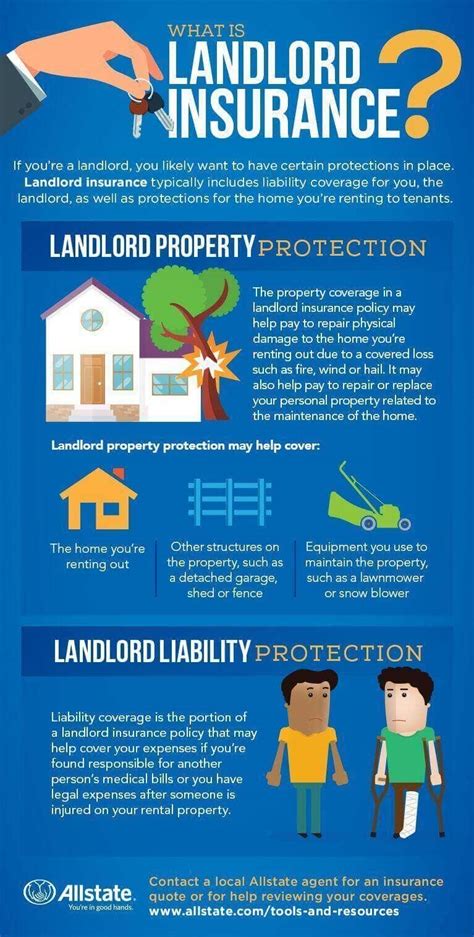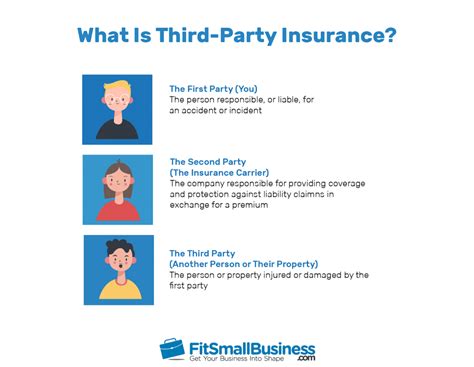Discover the benefits of rent guarantee insurance and learn how it works. Find tips for choosing and filing a claim effectively.
Understanding Rent Guarantee Insurance
Contents
Rent Guarantee Insurance is a type of insurance that protects landlords from loss of income due to unpaid rent. This type of insurance can provide a safety net for landlords, especially in a volatile rental market. With rent guarantee insurance, landlords can have peace of mind knowing that they will still receive rental income even if their tenants default on their payments.
One of the key benefits of rent guarantee insurance is that it provides financial protection for landlords. In the event that a tenant fails to pay their rent, the insurance policy will cover the lost income, allowing landlords to maintain their cash flow and avoid financial difficulties. This can be particularly important for landlords who rely on rental income to cover mortgage payments or other expenses.
So, how does rent guarantee insurance work? Typically, the landlord will take out a policy with an insurance provider, paying a monthly or annual premium. In the event of a default by the tenant, the landlord will need to provide evidence of the missed payments, and then the insurance company will reimburse the landlord for the lost rent, up to a predetermined limit. It’s important for landlords to carefully review the terms and conditions of their insurance policy to understand what is and isn’t covered.
When considering rent guarantee insurance, there are several factors that landlords should take into account. These can include the financial stability of their tenants, the rental market in their area, and the coverage limits and deductibles of the insurance policy. Additionally, landlords should consider whether the insurance provider offers any additional services, such as legal support in the event of a tenant dispute.
If a landlord needs to file a claim with their rent guarantee insurance provider, there are certain tips that can help streamline the process. This can include documenting all communication with the tenant regarding missed payments, providing evidence of the default, and submitting the claim in a timely manner. By following these tips, landlords can increase the likelihood of a successful claim and a quicker reimbursement of lost rent.
Benefits of Rent Guarantee Insurance
One of the primary benefits of rent guarantee insurance is the peace of mind it provides to landlords. With this type of insurance, landlords can rest assured knowing that they will receive their rent payments even if their tenants default on their payments.
Another significant benefit of rent guarantee insurance is the financial security it offers. It acts as a safety net for landlords, protecting their income and minimizing the risk of financial loss in case of rental arrears.
Additionally, rent guarantee insurance can help landlords attract and retain reliable tenants. By offering the security of guaranteed rent, landlords may find it easier to attract responsible tenants who are committed to honoring their rental agreements.
Moreover, this type of insurance can also simplify the eviction process for landlords. In the unfortunate event that a tenant needs to be evicted, the financial protection provided by rent guarantee insurance can alleviate some of the stress and financial burden associated with the eviction process.
In summary, the benefits of rent guarantee insurance include peace of mind, financial security, tenant attraction and retention, and assistance with the eviction process.
How Rent Guarantee Insurance Works
How Rent Guarantee Insurance Works
Rent guarantee insurance is a type of insurance policy designed to protect landlords from potential loss of rental income. This type of insurance can provide a safety net for landlords in the event that their tenants are unable to pay the rent. The way rent guarantee insurance works is relatively straightforward. Once a landlord purchases a policy, they pay a monthly or annual premium in exchange for coverage. If their tenant defaults on their rent, the insurance company will step in and cover the cost of the unpaid rent, up to a certain limit.
One of the main benefits of rent guarantee insurance is that it provides landlords with peace of mind. Knowing that they are protected in the event of tenant non-payment can help landlords to feel more secure in their investment. Additionally, rent guarantee insurance can help to mitigate the financial risks associated with being a landlord. In the event that a tenant stops paying rent, the insurance can help to cover the costs of lost income, legal fees, and eviction expenses.
When choosing a rent guarantee insurance policy, there are several factors that landlords should consider. It’s important to carefully review the policy to understand the coverage limits, exclusions, and requirements. Landlords should also consider the financial stability and reputation of the insurance company, as well as the cost of the premium. Additionally, landlords should consider the specific needs of their rental property, such as the type of tenants they typically rent to and the rental market in their area.
In the event that a landlord needs to file a claim with their rent guarantee insurance, there are a few important tips to keep in mind. It’s crucial to carefully follow the claims process outlined in the policy, including providing necessary documentation and evidence of non-payment. Landlords should also be prepared to cooperate with the insurance company and provide any additional information requested. Additionally, it’s important to file a claim as soon as possible after the tenant defaults on their rent to ensure a timely resolution.
| Benefits of Rent Guarantee Insurance | Factors to Consider when Choosing Rent Guarantee Insurance |
|---|---|
| Provides a safety net for landlords | Coverage limits, exclusions, and requirements |
| Helps to mitigate financial risks | Financial stability and reputation of the insurance company |
| Can cover costs of lost income, legal fees, and eviction expenses | Cost of the premium |
Factors to Consider when Choosing Rent Guarantee Insurance
When considering rent guarantee insurance, there are several important factors to take into account in order to make the best decision for your rental property. First and foremost, it’s crucial to thoroughly research the insurance provider’s reputation and financial stability. A reliable and well-established insurance company is essential for ensuring that your coverage will be there when you need it.
Another key factor to consider is the coverage limits and policy details. It’s important to understand exactly what is covered under the policy, as well as any exclusions or limitations. This includes the maximum amount of rent that will be covered, as well as the length of time the coverage will be in effect.
Furthermore, it’s important to carefully review the terms and conditions of the policy, including any requirements for tenant screening or property maintenance. Some insurance providers may require specific criteria to be met in order to be eligible for coverage. Additionally, it’s important to consider any additional benefits or services offered by the insurance provider, such as legal assistance or eviction protection.
Lastly, it’s essential to compare quotes from multiple insurance providers to ensure that you are getting the best coverage at the most competitive rate. Keep in mind that the cheapest option may not always be the best choice, so it’s important to weigh the cost against the level of coverage and benefits provided.
Tips for Filing a Claim with Rent Guarantee Insurance
When it comes time to file a claim with your rent guarantee insurance, it’s important to be prepared and organized. The first step is to review your insurance policy to understand what is covered and what documentation is required. Make sure to gather all necessary receipts, lease agreements, and any communication with the tenant regarding the rent payments. This will help speed up the claims process.
Next, contact your insurance provider as soon as possible to report the claim. They will guide you through the claims process and let you know what documents you need to submit. It’s important to provide the requested information in a timely manner to avoid any delays in processing your claim. Be sure to keep copies of all documents for your records.
If you are required to complete a claim form, be thorough and provide as much detail as possible. Include the tenant’s name, address, and contact information, as well as any relevant information about the property and the amount of rent owed. You may also need to provide proof of the tenant’s default on their rent payments, such as bank statements or letters from the tenant.
Once you have submitted your claim, be prepared to communicate with your insurance provider throughout the process. They may have additional questions or require further documentation to support your claim. It’s important to be responsive and cooperative to ensure a smooth claims process.
Finally, be patient. The claims process can take time, especially if there are disputes or discrepancies that need to be resolved. Keep track of all communication with your insurance provider and follow up as needed to ensure your claim is being processed in a timely manner.












